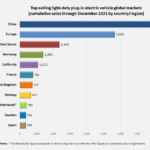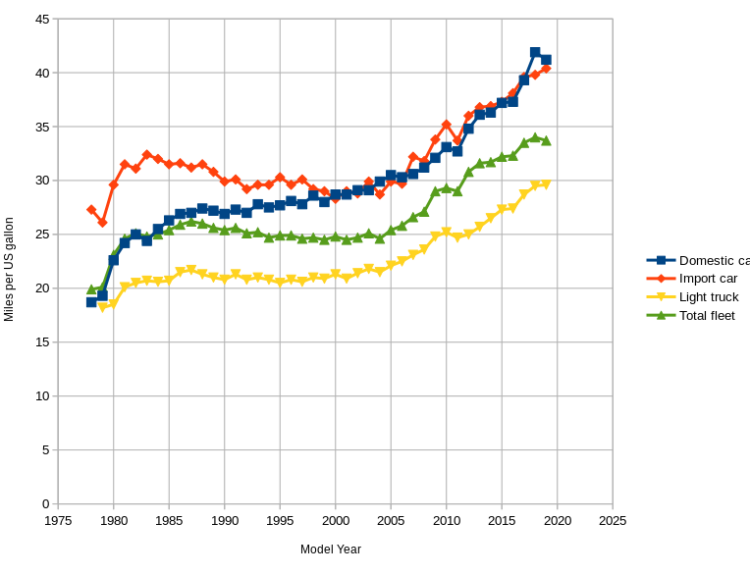Government purchases and their impact on the market
- The U.S. is refilling its Strategic Petroleum Reserve, which could help support oil prices
- The Biden administration is buying oil back for the reserve at a slower pace than the previous sales
- The purchases could serve as a soft floor, preventing prices from falling further
- The government will continue to buy oil as long as prices are at $79 per barrel or below
- The pace of government purchases is increasing, with more purchases expected in the future
- The reserve releases in 2022 helped keep oil prices from skyrocketing
- Republicans have criticized Biden for depleting the reserve, but no action has been taken
- Changes in the oil market may reduce the need to refill the reserve to previous levels
- The government should focus on buying harder-to-find grades of crude oil for the reserve
The U.S. government is refilling its Strategic Petroleum Reserve, which could have a positive effect on oil prices. The Biden administration is buying oil back for the reserve, but at a slower pace than the previous sales. While the purchases are not expected to drive up the price of oil significantly, they could serve as a soft floor, preventing prices from falling further. The government has set a threshold of $79 per barrel, below which it will continue to buy oil. The pace of government purchases is increasing, with more purchases expected in the future. The reserve releases in 2022 helped keep oil prices from skyrocketing, and the government’s actions aim to prevent a similar situation. Republicans have criticized Biden for depleting the reserve, but no action has been taken. However, changes in the oil market may reduce the need to refill the reserve to previous levels. Instead, the government should focus on buying harder-to-find grades of crude oil for the reserve, which would better prepare for potential disruptions in foreign supplies.
Public Companies:
Private Companies:
Key People:
Factuality Level: 7
Justification: The article provides information about the U.S. government’s oil purchases and their potential impact on prices. It mentions the reversal of the policy of selling off oil from the strategic petroleum reserve and the slower pace of buybacks compared to sales. It also discusses the potential effect of the purchases on oil prices and the pace of government purchases. The article includes data on the amount of oil purchased and sold, as well as the average price of purchases. It mentions the criticism of Biden’s depletion of the reserve by Republicans and the potential changes in the role of the reserve in the future. Overall, the article provides factual information and presents different perspectives on the topic.
Noise Level: 6
Justification: The article provides some relevant information about the U.S. government’s oil purchases and their potential impact on prices. However, it lacks in-depth analysis and fails to explore the consequences of these purchases on those who bear the risks. The article also does not provide sufficient evidence or data to support its claims. Additionally, it includes some irrelevant information about the Energy Select Sector SPDR exchange-traded fund and the Republican criticism of Biden’s depletion of the reserve.
Financial Relevance: Yes
Financial Markets Impacted: Oil and gasoline markets
Presence of Extreme Event: No
Nature of Extreme Event: No
Impact Rating of the Extreme Event: No
Justification: The article discusses the government’s oil purchases and their potential impact on prices. While there is no mention of an extreme event, the information is relevant to financial markets, specifically the oil and gasoline markets.
 www.marketwatch.com
www.marketwatch.com 





